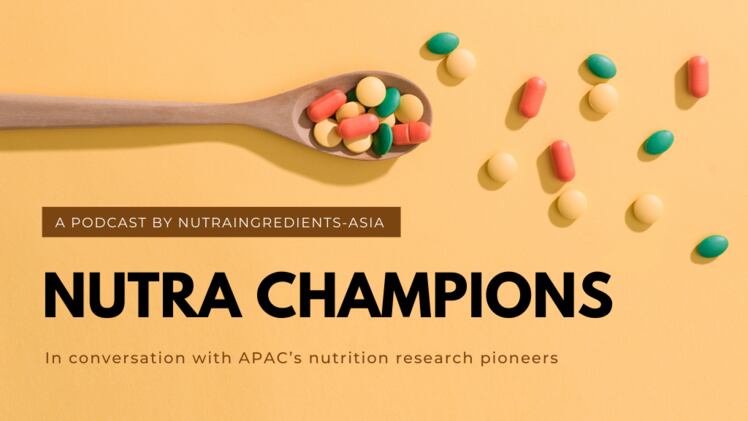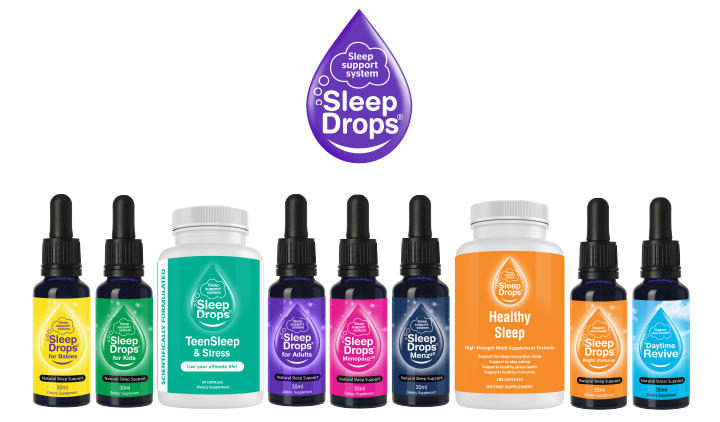This is the view of our guest on Nutrachampion podcast – Dr Geoffrey Cleghorn, emeritus professor at The University of Queensland.
Dr Cleghorn, who is also a paediatric gastroenterologist, specialises in perinatal and paediatric nutrition research.

He was also part of the The European Society for Pediatric Gastroenterology, Hepatology, and Nutrition (ESPGHAN) Coordinated International Expert Group, which in year 2005, came up with a medical position paper stating the global standard for the composition of infant formula.
One of the key positions was that infant formula should only contain components in amounts that serve a nutritional purpose or provide another benefit. Moreover, the inclusion of unnecessary components, or unnecessary amounts of components, may put a burden on metabolic and other physiologic functions of the infant.
Aside from clinical practice and research, Prof Cleghorn also crossed over to the corporate industry between 2016 and 2020 – joining Mead Johnson Nutrition as its Vice President, Medical Affairs (Asia), Infant Formula and Child Nutrition (IFCN) unit.
In his time in Mead Johnson, he was involved in the research of Milk Fat Globule Membrane (MFGM), its functions and benefits in Chinese infants.
Fast forward to today, the infant nutrition industry has been evolving, from infant formula companies trying to mimic the compositions of breast milk to studying functional ingredients such as DHA, human milk oligosaccharides (HMOs), and pre/probiotics.
“If we look at the evolution of infant formulas over the last 25, 30 years or more, it has changed somewhat.
“In the early stages of infant formulation, there is this sort of premise that if you could measure something in breast milk, that was good enough for you to try and mimic what was in it, without any real understanding or knowledge as to what is the purpose of that substance, or why it is in breast milk.
“We're now trying to work out what are the functional benefits of various components – both individual and groups in breastmilk – and what are the functional reasons for them to be doing more than just weight gain and growth, which is the provision of macronutrients and calories,” he said.
“And I think it would be very misleading to try and think that one could replicate breast milk in its true sense, reason being is that breast milk itself is not a static substance. It changes, not only does it changes during the course of lactation, but it also changes over the course of a day.”
Asked the direction for future research, he believes that the gut-brain axis and the long-term benefits of infant nutrition could be further studied.
“I think, to me, where the functional research is going now is looking at its whole relationship to the gut-brain axis and its impact on autism, the development of attention deficit disorders, its role in cardiovascular disease.
“There is fascinating research which looked at how healthy emotional development in the first four or five years of life can be a significant predictor as to what your future outcomes are going to be in job earnings and salaries in your 30s and 40s. That's mind boggling when you think about it," he said.
As such, he believes that companies could differentiate themselves by proving the functional benefits of their ingredients, instead of merely using a novel ingredient.
“I think the appropriate research should be headed towards looking at these functional outcomes, rather than just picking another ingredient and trying to get another ingredient which makes you different.
“So hopefully that's where the infant problem business is going to go, looking at the bigger picture rather than just short term gains,” he said.
Revisiting the neglected nutrient
In terms of functional ingredients, DHA has been established as one of the key ingredients, as it plays a role in cognitive development, visual acuity, and psychomotor development.
In fact, DHA will need to be combined with ARA to achieve the benefits – as seen in existing scientific data – but the role of ARA has been overlooked, Prof Cleghorn said.
He cited the findings of the DIAMOND study, which shows that infants fed with formulas containing DHA and ARA had improvements in visual acuity.
Based on the findings, the recommended DHA to ARA ratio is 1:2, with the sweet spot being 0.32mg to 0.64mg per 100 kg calories.
The study also found that higher amounts of DHA were not associated with additional improvement of visual acuity.
Listen the podcast to find out more.





